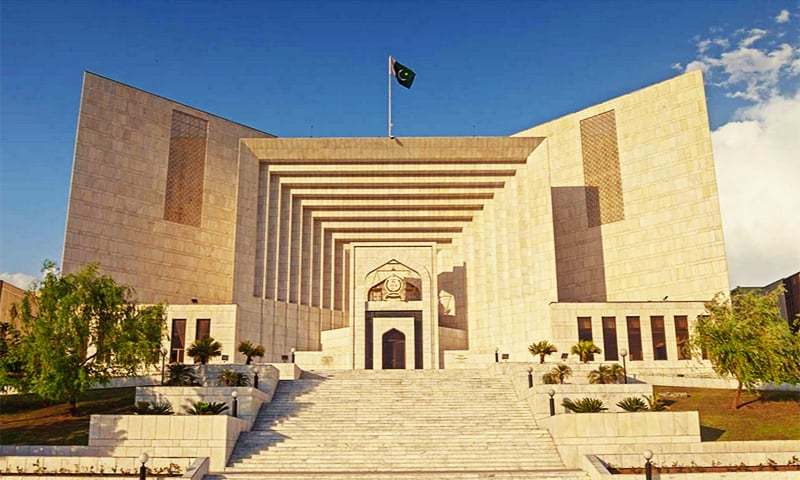As a last resort to save the economy, the Federation of Pakistan Chambers of Commerce and Industry (FPCCI) announced on Tuesday that it would file a case in the Supreme Court against the unbearable capacity charges paid to independent power producers (IPPs).
FPCCI Acting President Abdul Mohamin Khan stated that despite the business community’s persistent and clear expressions of concern about IPPs’ capacity charges, they are still not included in the consultative process to resolve the issue promptly, even though they are the primary stakeholders.
M. Abdul Aleem, Secretary General and CEO of the Overseas Investors Chambers of Commerce and Industry (OICCI), told Dawn that “we always follow logical discussions on complicated and sensitive issues. Court action is not part of our strategy unless there is a blatant violation of our rights, commitments, policies, or contracts.”
Pakistan Business Council CEO Ehsan Malik advocates for regionally competitive industrial power tariffs to promote employment, boost exports, and make manufacturing for the domestic market more affordable. The OICCI distances itself from litigation and advocates for dialogue.
Malik called for the removal of cross-subsidies, reduced reliance on expensive imported fuel, greater use of cheaper renewable energy through south/north transmission lines, and addressing line losses, theft, and recovery issues of Discos. He also suggested reducing tariffs to generate demand to use the spare generation capacity, converting coal plants to local coal, extending loan tenors to the useful life of assets, and seeking the conversion of CPEC loans from commercial to G-to-G terms. Collectively, these steps would result in substantial savings in foreign exchange and reduced tariffs.
Regarding capacity payments, Mr. Ehsan noted that the government renegotiated terms with local IPPs a few years ago, though it has yet to do so for the CPEC units. He explained that 80% of capacity payments go toward servicing the debt that IPPs incurred when establishing their plants, primarily in foreign currency. Therefore, payments are linked to the exchange rate, as no forward cover was available then or now. Any legal or other intervention preventing IPPs from servicing these loans would amount to a sovereign default and trigger a wider chain reaction on Pakistan’s external and domestic debts. It would also deter local and foreign investment, leading to numerous international arbitration cases, which Pakistan can ill afford.
Nevertheless, the FPCCI acting president urged the government to conduct forensic audits of IPPs, abolish capacity charges immediately, and renegotiate power purchase agreements fairly and transparently. He stated that the country paid approximately Rs2,000 billion in capacity charges to these IPPs in FY24, which is expected to rise steeply to Rs2,700-2,800 billion in the current fiscal year.
He added that guarantees to IPPs indexed to the US dollar mean any depreciation of the Pakistani rupee increases returns for IPPs, adding a debilitating financial burden on the government and the public alike.
The FPCCI demands a comprehensive review of IPP agreements, price reevaluation within legal bounds, and improved oversight to prevent over-invoicing. Examining the energy infrastructure for clauses related to misinformation and fraud is also required. The federal government must devise a strategy to deal with IPPs and ensure affordable electricity prices for the industry in the national interest, Mohamin proposed.




